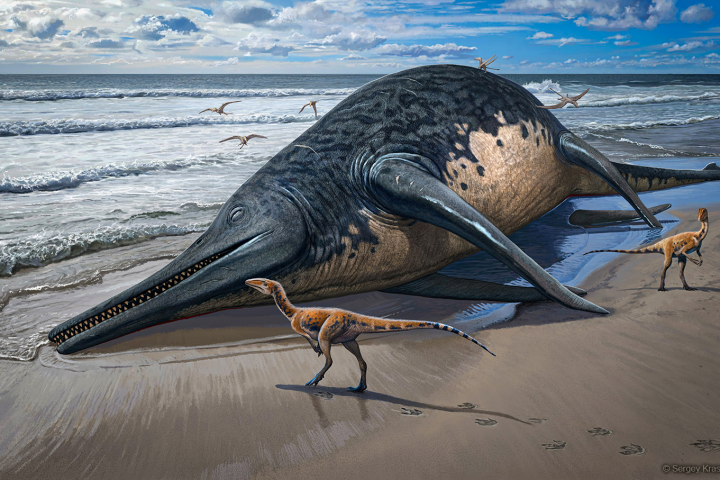Light normally bounces off obstacles in its way, and the part of the beam that is reflected back and captured by our eyes contributes to our perception of the world around us. However, every reflection dissipates a small part of the beam's energy, and can eventually weaken it significantly. A team of MIT researchers have developed an innovative waveguide that allows microwave light to travel one way only and without reflections, paving the way to much more efficient lightwave circuits and connections.
The team achieved this result by shining light through an array of small ceramic rods subject to a strong external magnetic field: pointing the magnetic field up allowed light propagation only to the right, while pointing it downwards allowed for light to propagate only to the left.
This made it possible for light to pass undisturbed and completely losslessly around obstacles or small defects in the waveguide. The team's hope is that, by applying the same principle to lightwave circuits, they'll one day reduce their internal connections to simple one-way conduits with improved capacity and efficiency.
The team's work was focused on the microwave domain; light, however, has a wavelength of the order of hundreds of nanometers, which means that the team's technique still needs to be refined and further scaled down.
Once these issues are solved, the team's findings will have important applications in optical isolation, information storage and transmission, as well as in many applications that require strong interactions between light and matter.
The research was documented in the October 8th issue of the journal Nature and was funded by the Army Research Office under the MIT's Institute for Soldier Nanotechnologies program, and by the National Science Foundation under the MRSEC program.


